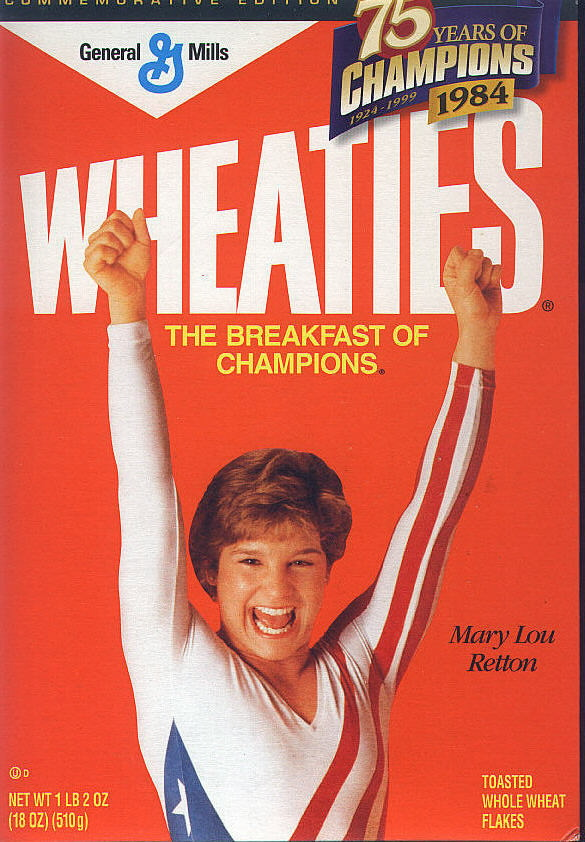 I call it cunt. I’ve reclaimed it, “cunt.” I really like it. “Cunt.” Listen to it. “Cunt.” C C, Ca Ca. Cavern, cackle, clit, cute, come—closed c—closed inside, inside ca—then u—then cu—then curvy inviting sharkskin u—uniform, under, up, urge, ugh, ugh, u—then n then cun—snug letters fitting perfectly together—n—nest, now, nexus, nice, nice, always depth, always round in uppercase, cun, cun—a jagged wicked electrical pulse—n (high pitched noise) then soft n—warm n—cun, cun, then t—then sharp certain tangy t—texture, take, tent, tight, tantalizing, tensing, taste, tendrils, time, tactile, tell me, tell me, “Cunt, cunt,”say it, tell me “Cunt.” “Cunt.”
I call it cunt. I’ve reclaimed it, “cunt.” I really like it. “Cunt.” Listen to it. “Cunt.” C C, Ca Ca. Cavern, cackle, clit, cute, come—closed c—closed inside, inside ca—then u—then cu—then curvy inviting sharkskin u—uniform, under, up, urge, ugh, ugh, u—then n then cun—snug letters fitting perfectly together—n—nest, now, nexus, nice, nice, always depth, always round in uppercase, cun, cun—a jagged wicked electrical pulse—n (high pitched noise) then soft n—warm n—cun, cun, then t—then sharp certain tangy t—texture, take, tent, tight, tantalizing, tensing, taste, tendrils, time, tactile, tell me, tell me, “Cunt, cunt,”say it, tell me “Cunt.” “Cunt.”And of course the “actress” at the climax leaps to her feet and strikes a defiant but exuberant pose with both arms uplifted like Mary Lou Retton after sticking her final dismount and knowing—even before the gymnastic judges call—that she had just performed a perfect routine to win an Olympic Gold Medal.

Somehow I think Ms. Retton worked a lot harder for her achievement.
Amherst Bulletin talkback
UPDATE: Rainy, miserable Wednesday late morning: This email says it all (to the correct people as well):
To: hochmanj@arps.org; elbrighty@amherst.edu; amherstac@aol.com
Sent: Tue, 12 Feb 2008 7:38 pm
Subject: V-Monologue
Hi:
It is absolutely ludicrous that you would promote this performance to the extent that you have. The C-word, in my vocabulary, and many others, has long been eliminated as a word that is spoken, our thought. It is so far removed from many minds. Their is no benefit to anyone to introduce this word at this performance. It is derogatory, and I don't see the educational value. I would hope that this word is not be spoken at your high school performance. I applaud Mr. kelley for his adamant defiance.
David F. Farnham

My comment (that the Amherst Bulletin deleted) used two words, one that can be found in the title of your newspaper article as well as in the title of the play, "vagina" and one that is used in the text of the play, "c - - - ", rhymes with 'bunt'
ReplyDeleteIt is not clear to me what about their use violates the Terms of Use for Talkback Policy.
It's kind of pathetic that we adults have to go through this word miming technique even to use the English language here.
Both words were specifically relevant to the discussion being held here about the play Vagina Monologues at ARHS as reported in the article by Mary Carey. These words were used in context to make a specific point about the play performance at the high school and the talkback comments here.
In the play, one character asserts that she is reclaiming the word "c - - - " rhymes with 'bunt'. Larry Kelly's comment that included the word "c - - - " in reference to its use in the play was deleted (by the Amherst Bulletin) while Eve Ensler's comment that used that word was not deleted. My comment was about the fact Larry's talkback was deleted and Eve's was not. I said the Amherst Bulletin's action proved Eve Ensler really had reclaimed the word "c - - - ". Later, the Amherst Bulletin deleted all the comments, which I find completely unreasonable.
Why is language used in a play at ARHS verboten in Amherst Bulletin Talkback, even when the discussion in Amherst Bulletin Talkback is specifically about the play and the language used in it?
WE are the adults not the teenagers in high school. Moreover, there is no prohibition about the teenagers use of this language.
Finally, if the Amherst Bulletin continues to delete Talkback comments because prudish reader(s) are offended, then your comments feature will become idle. That would be your loss and our loss.
Why don’t you instead instruct the complaining reader to leave a reasoned comment objecting to the language used and thus create the conversation that blogs are all about?